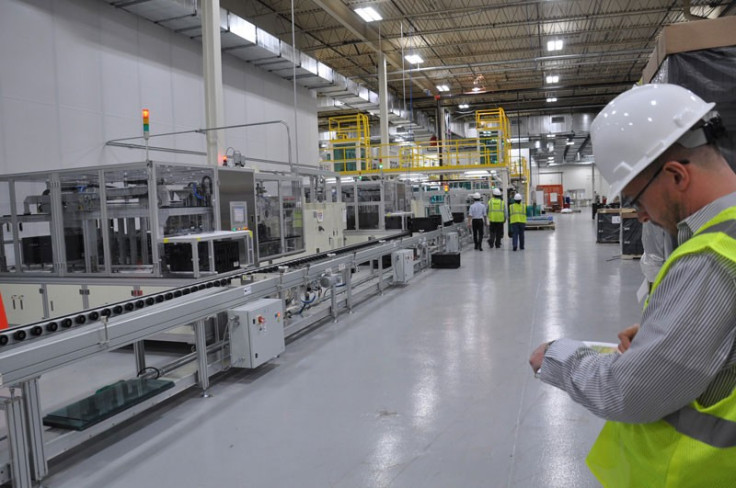China's Wanxiang Gets Nod to Acquire US Battery Maker A123 Systems
The battery maker had filed for bankruptcy protection in mid-October

A federal committe has approved the much-debated acquisition of the government-backed battery-maker A123 Systems by China-based auto parts maker Wanxiang Group.
Wanxiang America's $257m (£163m, €191m) deal to purchase A123 Systems' non-government business assets including technology, products, contracts and factories in the US and China was criticised by the US politicians and lobby groups because of the strategic importance of the company.
Nevertheless, the Committee on Foregin Investment in the United States (CFIUS) , which reviews takeovers of firms with possible national security implications, allowed Wanxiang to complete the deal.
"A123 will continue to offer cutting-edge technology for vehicle electrification and grid-scale energy storage, strong manufacturing and systems engineering capabilities and a world-class R&D team. Wanxiang America will continue to foster the technologies A123 has worked so hard to develop, and we believe this combination positions A123 for long-term success. We'd also like to thank Dave Vieau for his years of dedication and service to A123," Pin Ni, president of Wanxiang America, said in a statement.
Wanxiang intends to ramp up manufacturing at A123's plants in Michigan and Massachusetts, along with continuing operations at its factories in China.
The cash-strapped A123, which had earlier received $250m in government funding to build a factory in Michigan, filed for bankruptcy protection in mid-October. In a bankruptcy auction in December, Wanxiang bought the firm, outbidding a joint attempt from Johnson Controls of Milwaukee and Japan's NEC Corp.
A123's government business was sold to Woodridge, Illinois-based Navitas Systems for about $2.25m. It owns 91 patents for sensitive military and space battery technology.
However, critics of the deal argue that it is impossible to differentiate the company's civil and military business, because they fundamentally use the same technology for different applications.
"This disappointing decision represents a 180-degree reversal by the Obama administration in just 8 days, from the President's Inaugural pledge to no longer 'cede to other nations' critical energy technology," said Dean Popps, the Strategic Materials Advisory Council co-chair.
Popps added that the approval of the deal has "allowed China to leapfrog the world in advanced batteries at the expense of American taxpayers."
© Copyright IBTimes 2025. All rights reserved.






















